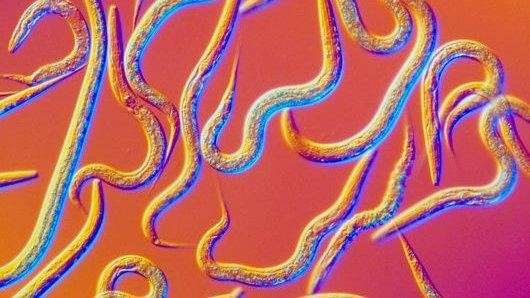Worms sent into space for muscle loss research mission
- Published
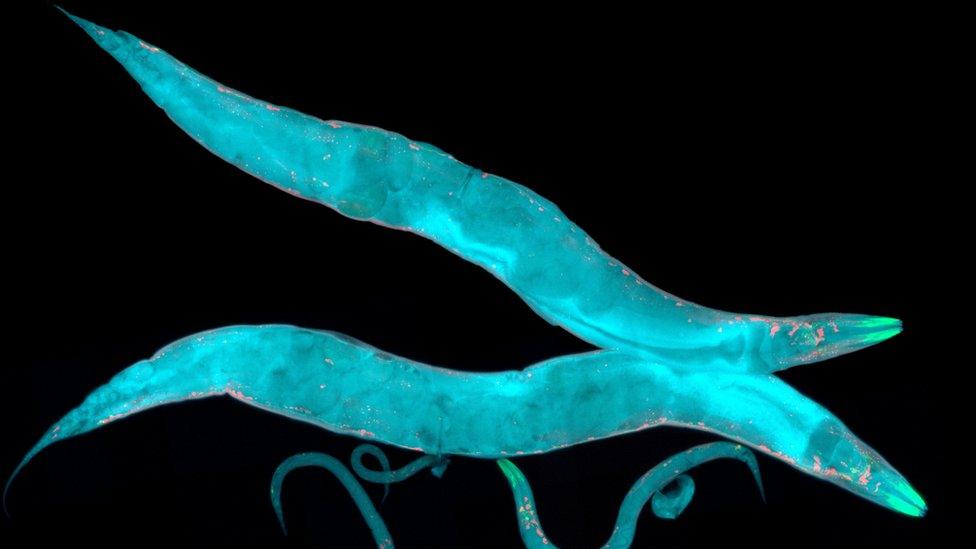
Thousands of worms will be sent into space to aid research into muscle loss
Thousands of worms are being launched into space as part of a mission to get to grips with muscle loss.
Researchers said the effect of space flight on humans had long been a concern, with astronauts losing up to 40% of their muscle after six months in orbit.
The microscopic nematodes (Caenorhabditis elegans) will blast off at 18:00 BST on Thursday, external from the US.
The research is being led by the universities of Nottingham and Exeter.
The hope is the research could also help shed light on developing new treatments for muscular dystrophies - a group of inherited genetic conditions that gradually cause the muscles to weaken.
The mission follows on from previous research carried out by the same team in 2018.
This time, the new experiments will aim to identify the precise molecules that cause these problems and also test out new therapies to prevent muscle loss in zero-gravity.
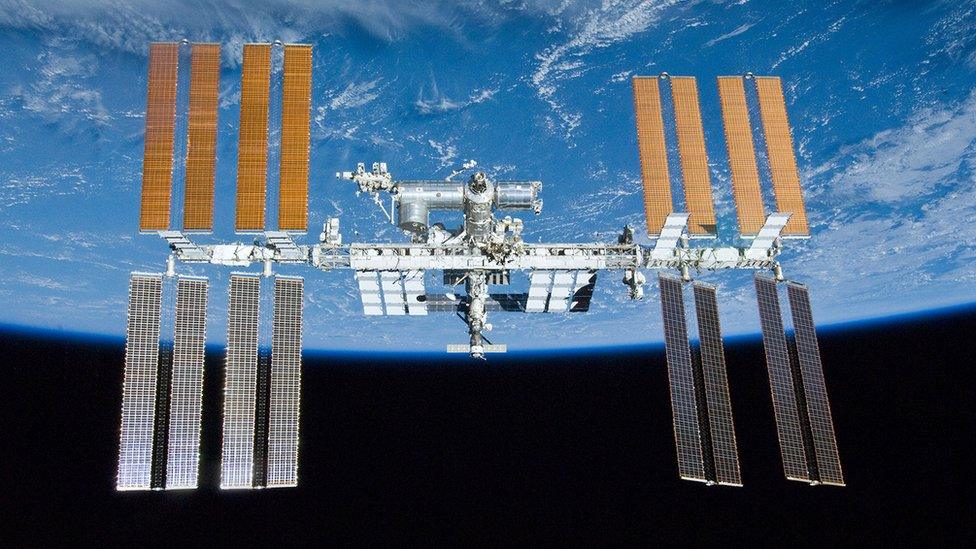
The worms will be placed in an incubator on the International Space Station
The worms will launch on the SpX-22, a commercial spacecraft contracted by Nasa, from the Kennedy Space Centre in Florida.
After boarding the International Space Station the worms will be placed in a 20C incubator for five to six days.
'Astonishing'
The worms, which are about 1mm (0.03in) in size, are known to share many of the same biological characteristics as humans.
They are also affected by the biological changes caused by living in space - which include changes to muscle mass and the ability to use energy.
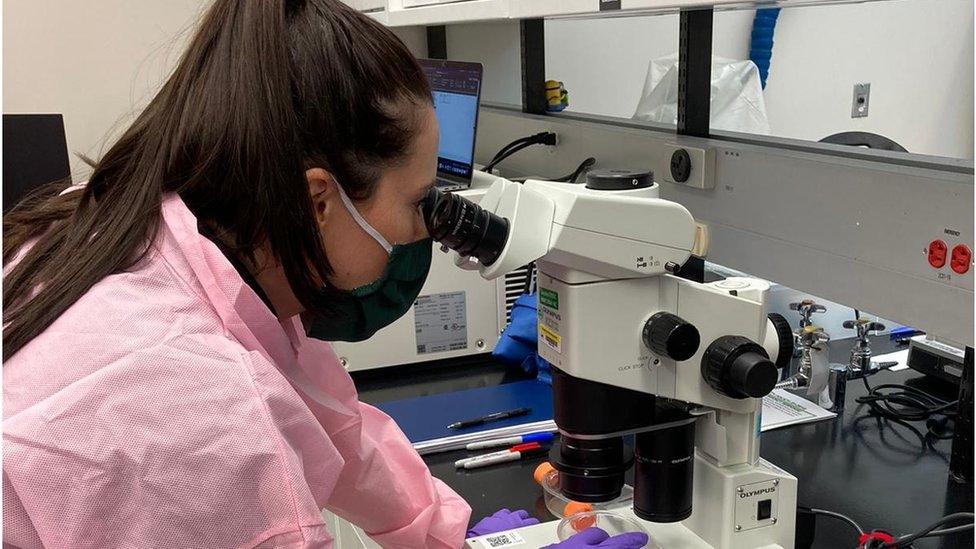
Scientists believe the research will also help develop new treatments for muscle conditions
Bethan Philips, associate professor of clinical, metabolic and molecular physiology at the university, said the research "will have implications not only for astronauts but also for many situations on Earth".
"Since the dawn of the space age, there have been concerns that space travel can be harmful to astronauts," she said.
Tim Etheridge, associate professor of integrative physiology at the University of Exeter, said new information from the experiment could "build the foundations for safely sending humans on long-term missions into deep space".
Science minister Amanda Solloway said: "It is astonishing to think that sending worms into space could improve our health and help us lead longer lives, and I am thrilled that UK researchers are leading this effort."

Follow BBC East Midlands on Facebook, external, Twitter, external, or Instagram, external. Send your story ideas to eastmidsnews@bbc.co.uk, external.
- Published29 March 2021
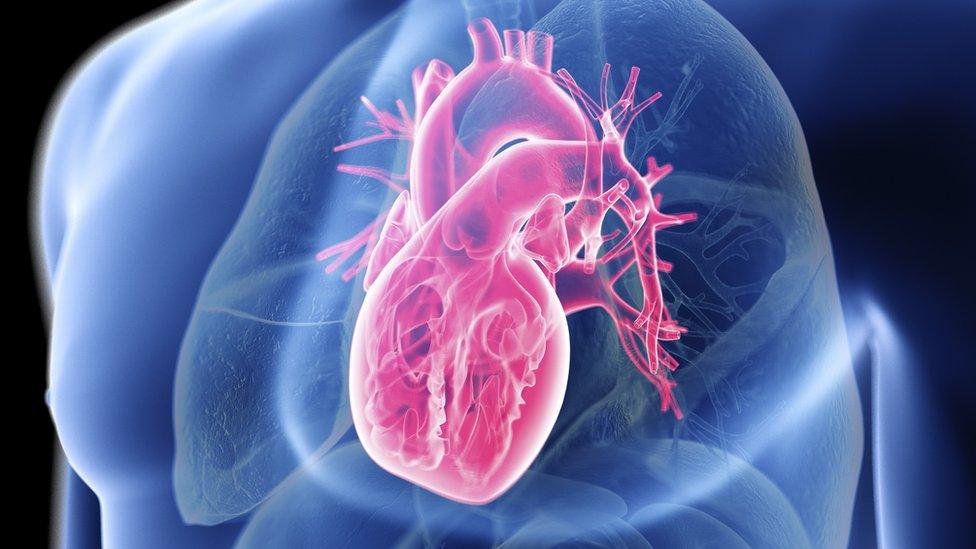
- Published31 December 2020
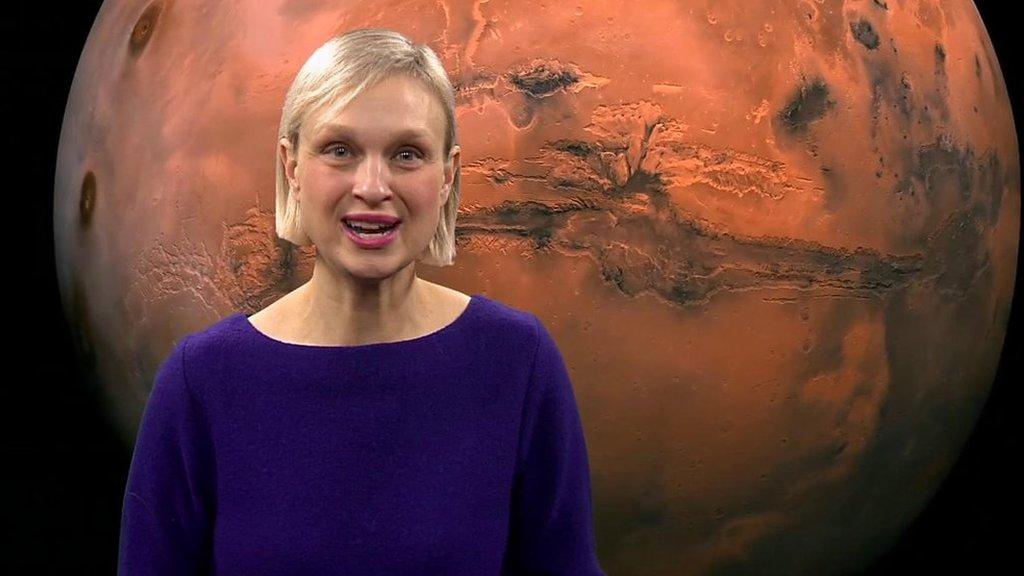
- Published29 December 2020
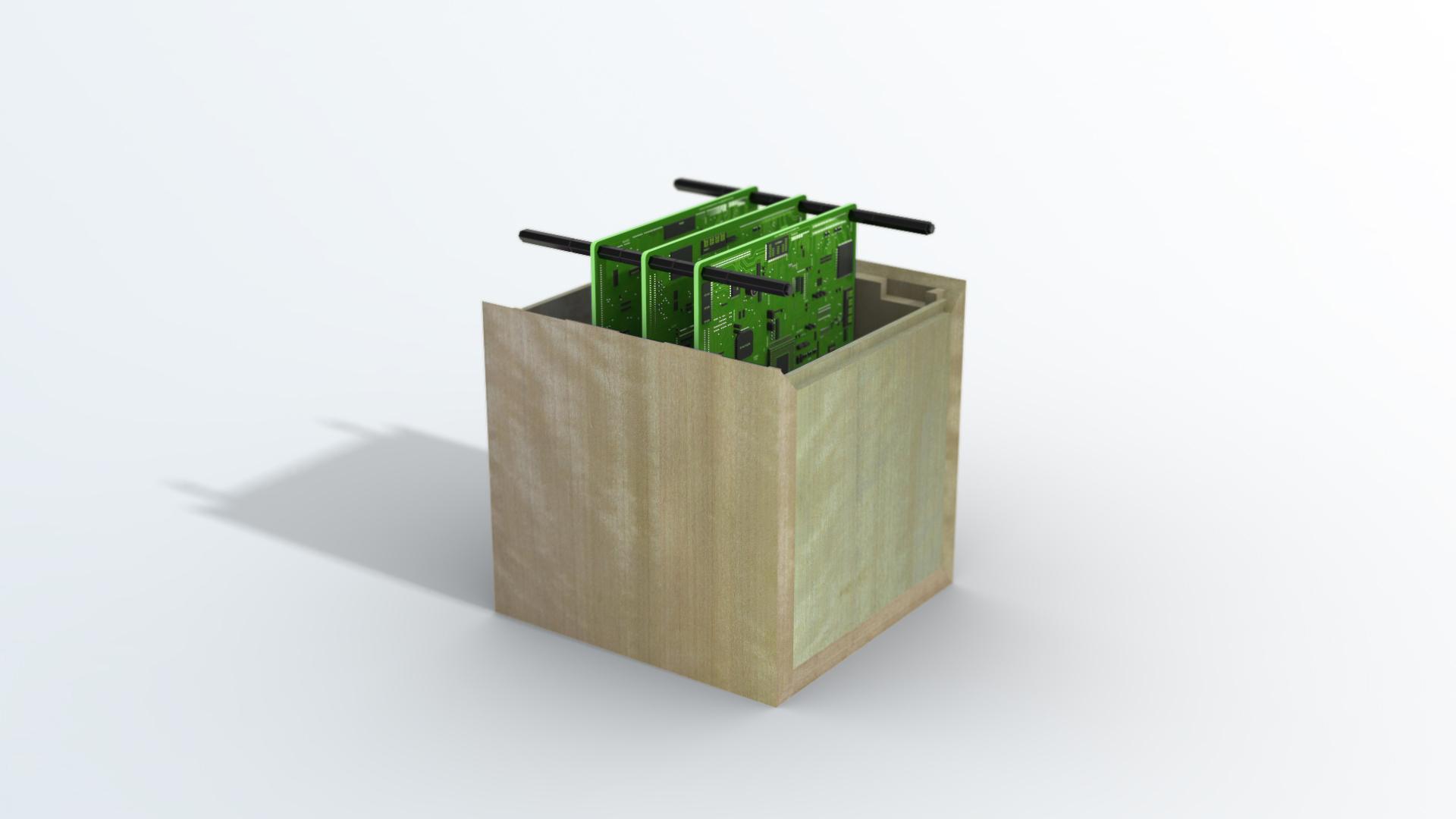
- Published25 December 2020
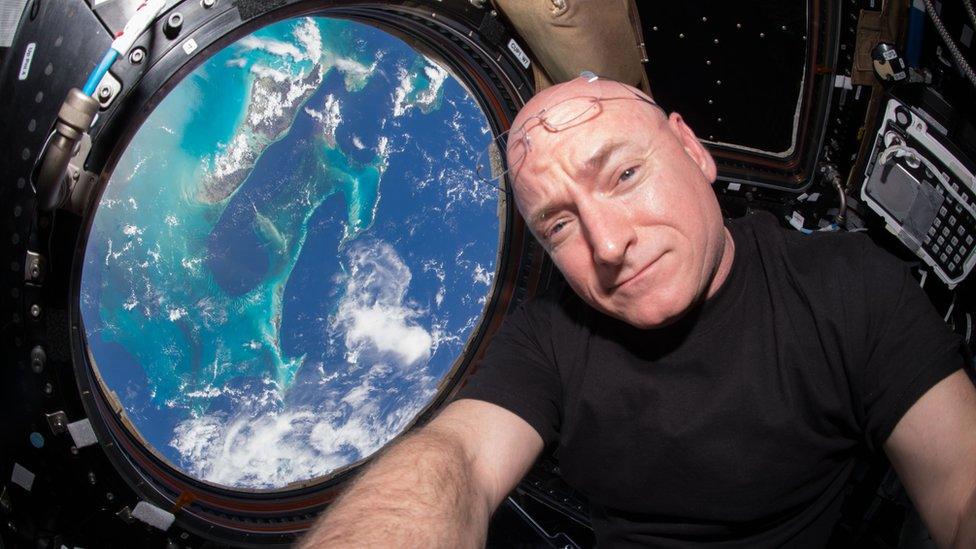
- Published6 July 2012
